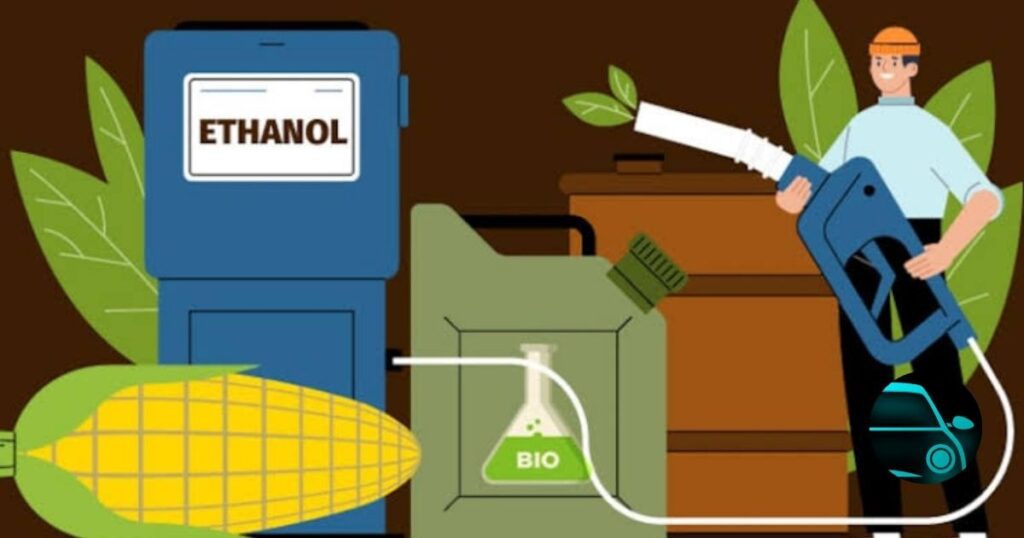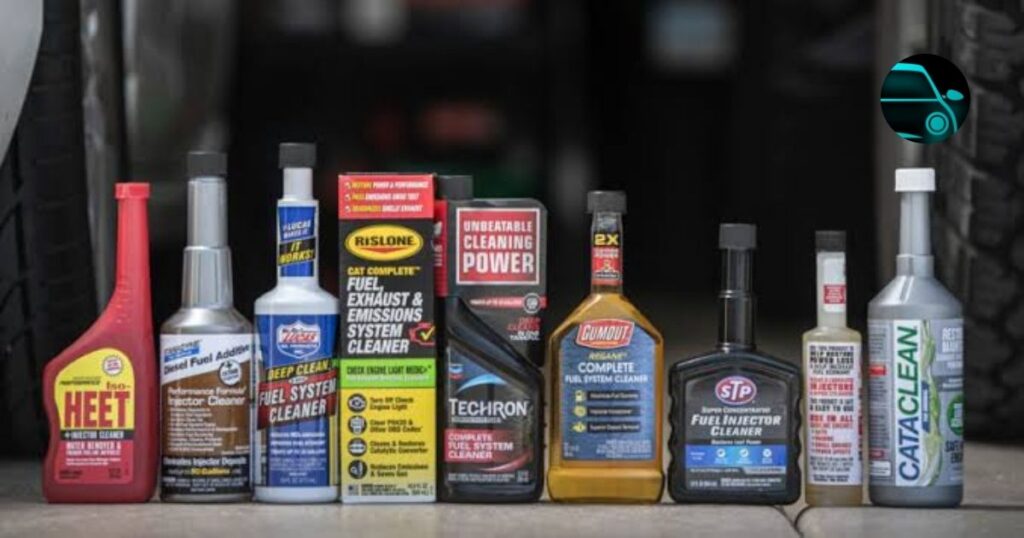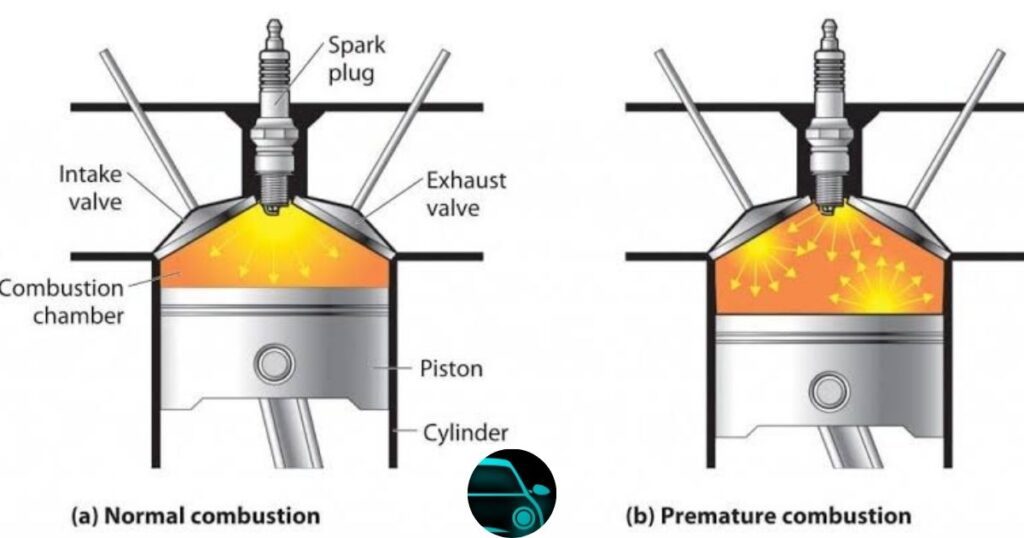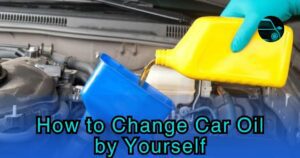In the ever-evolving landscape of automotive technology, the question echoing in the minds of drivers is, “Which petrol is best for my car in 2024?” The petrol choices available today extend beyond the standard options, presenting consumers with a diverse array of formulations and additives designed to enhance engine performance, fuel efficiency, and environmental impact. As we embark on this exploration of the ideal fuel for our vehicles in 2024, it’s crucial to decipher the nuances that differentiate each petrol variant. Manufacturers are increasingly aligning with cleaner and more efficient fuel options, responding to the global call for sustainability.
In this comprehensive guide, we delve into the factors that influence the choice of petrol, from octane ratings to engine compatibility, ensuring that by the end, you have a nuanced understanding of the question: Which petrol is best for my car in 2024? Let’s navigate the world of automotive fuels together and make informed choices that align with the demands of modern driving.
Which Petrol is Best for My Car?
To answer this question, you first need to know what fuel your car takes. The recommended gasoline for your automobile should be listed in the owner’s handbook. Additionally, the inside of the gasoline cap frequently has this information. That means it can operate on standard unleaded gasoline or higher-octane fuels if the label on the cap reads “unleaded petrol only.” ‘Premium unleaded fuel only,’ on the other hand, indicates that you should only fill your automobile with gasoline that is over 95. Now, to assist you in making the best choice of petrol for your car, here is a list of 15 points to consider:
1. Understanding Octane Ratings: More Than Just Numbers
Understanding octane ratings goes beyond mere numbers when considering, “Which petrol is best for my car in 2024?” Octane ratings indicate a fuel’s resistance to premature ignition, impacting engine performance and efficiency. While higher-octane fuels are often associated with performance vehicles, it’s crucial to align the fuel’s octane level with your car’s manufacturer’s recommendations. Optimal combustion and engine protection result from selecting the right octane, ensuring a smooth driving experience. Delve into the intricacies of octane ratings to make an informed choice, tailoring your petrol selection to meet the specific needs of your vehicle in the dynamic landscape of automotive fuels.
2. High-Performance Engines: Opting for Higher Octane
For high-performance engines, the question of “Which petrol is best for my car in 2024?” often leads to opting for higher-octane fuels. These engines thrive on fuels with elevated octane ratings, minimizing the risk of pre-ignition and ensuring optimal combustion. While standard engines may function well with regular petrol, high-performance vehicles benefit from the enhanced stability and efficiency that come with higher octane options. Consider your engine’s specifications and manufacturer recommendations to discern if the premium performance associated with higher-octane fuels aligns with the unique demands of your car in the ever-evolving realm of petrol choices.
3. Standard Engines: Stick to Regular
For standard engines, the answer to “Which petrol is best for my car in 2024?” often points to sticking to regular options. These engines are designed to perform optimally with standard petrol, and using higher-octane fuels may not yield significant benefits. By adhering to the manufacturer’s recommendations, drivers of everyday vehicles can maintain efficiency, save on fuel costs, and ensure the engine operates as intended. In the evolving landscape of petrol choices, simplicity prevails for standard engines, making regular petrol a reliable and cost-effective choice for those seeking a straightforward solution to fueling their cars.
4. Ethanol-Blended Petrol: A Greener Option

Ethanol-blended petrol, such as E10 or E85, contains a percentage of plant ethanol. While the E10 is compatible with most cars, the E85 is suitable for flex-fuel vehicles. Ethanol can reduce carbon emissions but may impact fuel efficiency, so it’s essential to check compatibility with your car.
5. Top Tier Petrol: Quality Matters
Top Tier petrol goes beyond octane ratings. It includes additional detergent additives that help keep engine components clean. If your car is equipped with advanced engine technology, using top-tier petrol can contribute to better performance and fuel efficiency.
6. Direct Injection Engines: Detergent-Rich Petrol
Cars with direct injection engines benefit from petrol with a higher level of detergents. These detergents prevent carbon buildup on the intake valves, ensuring optimal engine performance. Look for petrol brands that specify detergent-rich formulations.
7. Consider Manufacturer Recommendations: Stick to Guidelines
Car manufacturers often provide specific recommendations for the type of petrol suitable for their vehicles. This information can usually be found in the owner’s manual or on the fuel filler door. Following these guidelines ensures that your car operates as intended.
8. Check for Local Regulations: Adhering to Standards
Some regions have specific regulations regarding the composition of petrol, including ethanol blends. Familiarize yourself with local standards and regulations to ensure that the petrol you choose complies with these guidelines.
9. Fuel System Cleaners: Occasional Treatments


Periodically using a fuel system cleaner can help maintain the cleanliness of your car’s fuel system. While not a substitute for quality petrol, these treatments can be beneficial in preventing deposits and improving engine performance.
10. Consider Fuel Additives: Enhancing Performance
Fuel additives, when used as recommended, can enhance petrol performance by cleaning fuel injectors, reducing friction, and improving combustion. However, it’s crucial to follow guidelines and avoid overuse.
11. Evaluate Price vs. Quality: Finding the Balance
While it’s tempting to choose petrol solely based on price, consider the quality and additives offered. High-quality petrol may have a slightly higher cost but can contribute to better engine health and longevity, potentially offsetting the initial expense.
12. Climate Considerations: Adapting to Weather
Choosing petrol with the appropriate additives is crucial in regions with extreme temperatures. Some formulations are designed for better performance in cold weather, preventing fuel line freezing, while others are optimized for hot climates.
13. Check for Special Blends: Seasonal Adjustments
Some petrol stations offer seasonal blends to address specific challenges, such as cold starts in winter. These blends may have additives tailored to the season, ensuring optimal engine performance in changing weather conditions.
14. Pay Attention to Engine Knocking: A Warning Sign


If you notice the engine knocking or pinging, it could indicate the need for higher-octane petrol. Ignoring these signs may lead to engine damage over time. Addressing the issue promptly ensures the longevity of your engine.
15. Consult with Professionals: Expert Advice
If you’re unsure about the best petrol for your car, consult with a trusted mechanic or the car dealership. They can provide insights based on your car’s make, model, and individual specifications.
Conclusion: Navigating the Petrol Landscape
In conclusion, as we navigate the diverse options in the petrol landscape of 2024, the question lingers: “Which petrol is best for my car?” The answer isn’t one-size-fits-all; it’s a nuanced exploration of your car’s requirements and your driving habits. The emphasis on cleaner, more efficient fuels is driving innovation, making the choice more complex yet essential. For optimal performance and longevity, consider your vehicle’s manufacturer’s recommendations and the fuel’s octane rating. While higher-octane fuels may offer benefits for certain engines, others perform well with standard options.
Stay informed, consult your vehicle’s manual, and tailor your choice to align with your car’s needs. Ultimately, the best petrol for your car in 2024 is the one that ensures optimal performance, efficiency, and longevity, meeting the unique demands of your driving experience. If this is of interest to you, make sure to check out more on our Maintenance & Care page.
Frequently Asked Questions
Q1: Can using a higher-octane petrol than recommended improve my car’s performance?
Using a higher-octane petrol than recommended for your car does not typically improve performance. Modern engines are designed to perform optimally with the recommended octane rating. Using higher-octane petrol may not provide any additional benefits and can be an unnecessary expense.
Q2: Is it necessary to use top-tier petrol for my car?
While not strictly necessary, using top-tier petrol can contribute to better engine cleanliness and performance. Top-tier petrol includes additional detergent additives that help prevent deposits in the fuel system. This can be particularly beneficial for cars with advanced engine technology.
Q3: Can I switch between petrol brands without any issues?
In general, switching between petrol brands should not cause issues for your car. However, it’s advisable to stick to a reputable brand that meets local standards and regulations. Consistently using the same brand may help maintain engine cleanliness and performance.
Q4: How often should I use a fuel system cleaner for my car?
The frequency of using a fuel system cleaner depends on your driving habits and the petrol you use. Some experts recommend using a cleaner every 3,000 to 5,000 miles, or as specified in the product guidelines. Regular maintenance and the occasional use of a cleaner can help keep the fuel system in good condition.
Q5: What should I do if my car experiences engine knocking?
If you notice an engine knocking or pinging, it’s crucial to address the issue promptly. Engine knocking can indicate a need for higher-octane petrol or may be a sign of other issues. Consult with a mechanic.




